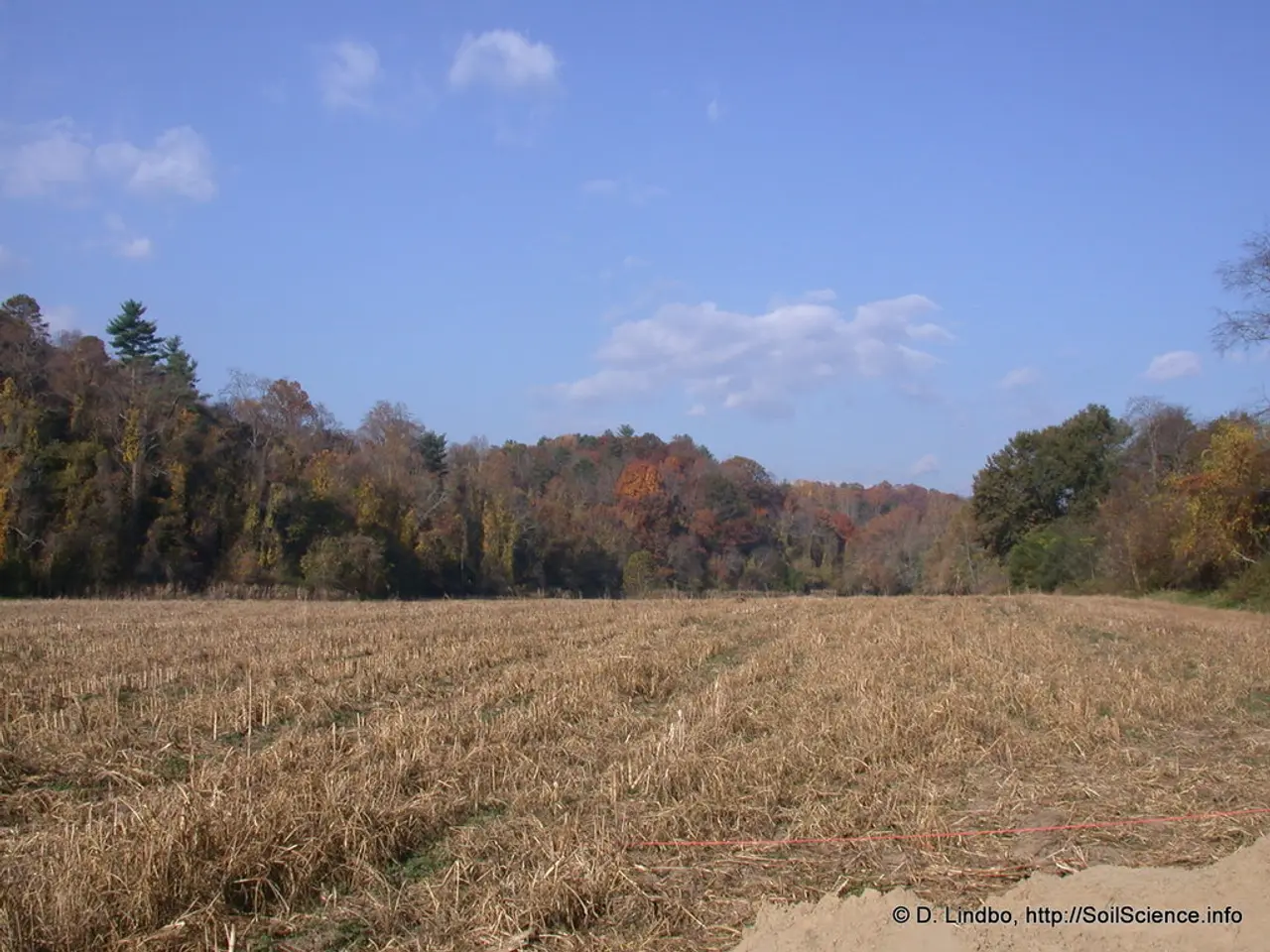Apache Spark's Momentum Grows as Data Processing Engine of Choice
Apache Spark, an open-source data processing engine, is gaining significant traction in the tech industry. Recognized for its potential, Spark is in high demand, with courses and companies focusing on it. Its ability to handle vast amounts of data and process it swiftly sets it apart.
Spark's strength lies in its capacity to process data in memory, making it up to 100 times faster than Hadoop's MapReduce for common tasks. It can handle several petabytes of data distributed across a cluster of thousands of servers. This speed and capacity have drawn a large, active, and international community around Spark.
Spark's versatility is evident in its support for multiple languages like Java, Python, R, and Scala. This flexibility enables it to cater to various use cases, including stream processing, machine learning, interactive analytics, and data integration. Its simplicity and ability to integrate with diverse storage systems such as HDFS, HBase, Cassandra, MongoDB, and Amazon's S3 further enhance its appeal.
Companies like Coraltree and Microsoft Fabric are leveraging Spark as a central element in their data processing products. While Polars is emerging as a competitor, it does not primarily rely on Spark itself, indicating Spark's dominant role in the data processing landscape.
Apache Spark, with its speed, capacity, versatility, and wide community support, is a leading all-purpose data processing engine. Despite not being the best choice for every task, its momentum is likely to grow, making it a crucial tool in modern data processing.








